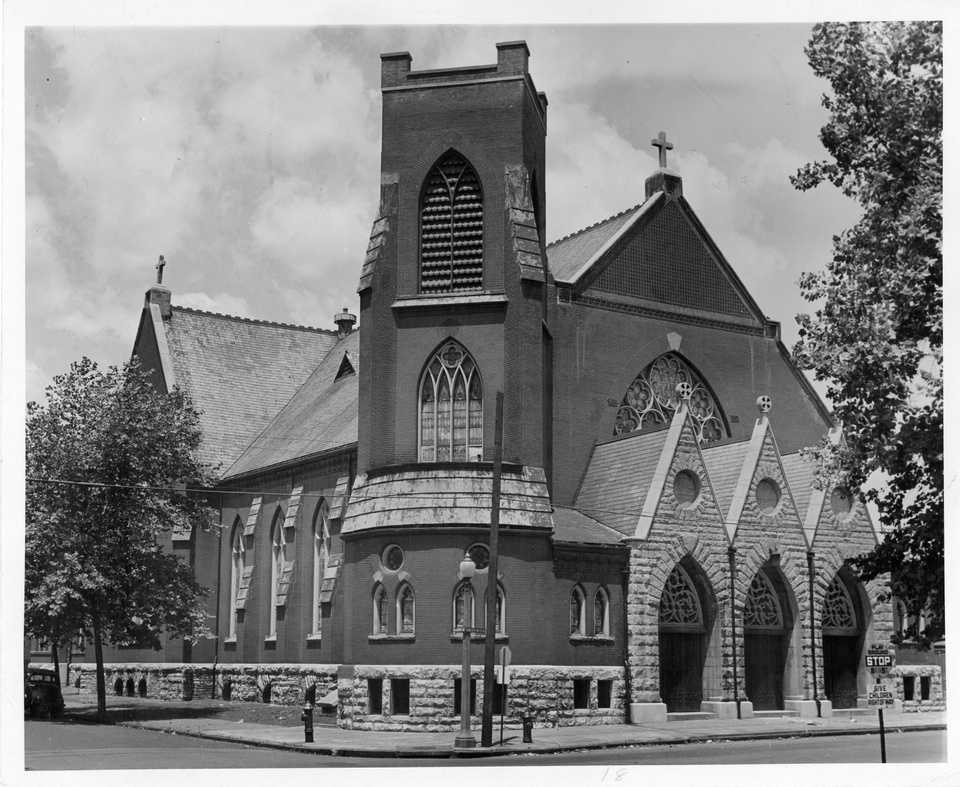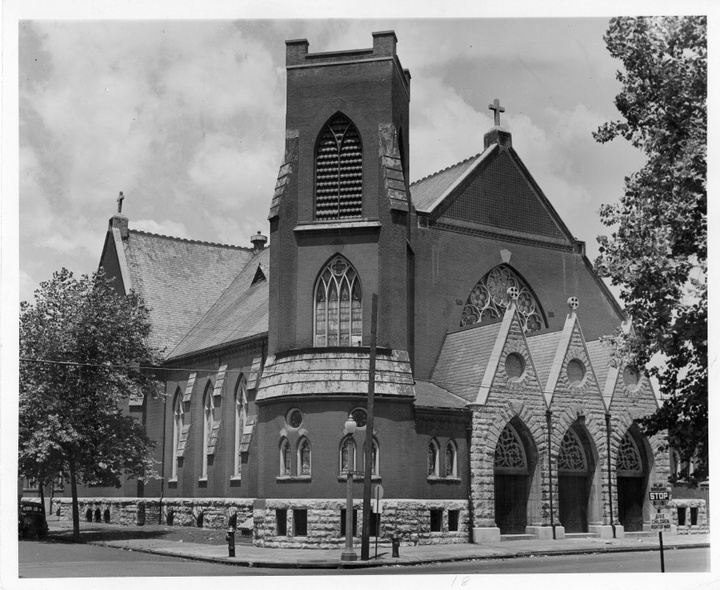Heidi Aronson Kolk
Heidi Aronson Kolk is a cultural historian who began academic life as a visual artist and poet, pursued graduate study in literary history and American culture studies, and now teaches in WashU’s College of Art, in particular the MFA in Illustration and Visual Culture program.
Kolk’s research explores the politics and practices of memory in the U.S. and engages creatively with the history and landscape of the American city, drawing upon the rich visual and material culture of the nineteenth and twentieth centuries. She is especially attentive to issues of race and urban identity, disputes over public history, and concepts of materiality and trauma. Her first book, “Taking Possession: The Politics of Memory in a St. Louis Town House”* (2019), engages many of these subjects, focusing on an intensively preserved historic house near downtown St. Louis.
Kolk’s second book project takes up the ambiguities of history by attending to “negative heritage” in the United States — a large and under-theorized domain that includes sites and histories that are uncompliant, unruly, or compromised — that have been overlooked, disregarded, hidden from view, or even obliterated, and thus confound the production of history. If many are places of shame, others have inspired dark fixation and folklore, pilgrimage and preservation, and more recently, historical reckoning and memory activism. Attending to the complex dynamics and histories, the book argues for negative heritage as a revelatory feature of American culture and identity.
Kolk is also co-editor, with Iver Bernstein, of “The Material World of Modern Segregation: St. Louis in the Long Era of Ferguson”, (2022) a collection of essays that interrogate the material histories and lived experiences of the segregated city.
Kolk is co-lead-investigator, with Kelley Van Dyck Murphy and Lynnette Widder (Columbia University), on a grant-supported research initiative, “Beauty in Enormous Bleakness: The Design Legacy of the Interned Generation of Japanese Americans” (BIEB). The project explores architecture’s relationship to issues of immigration, exclusion, and cultural identity in 20th-century American life, focusing on the design legacies of the mass-incarceration of individuals of Japanese descent during World War II. BIEB collaborators seek to document the lives and works of Japanese American architects and designers who survived internment, focusing in particular on their contributions to the post-war cultural landscape. The research pays special attention to the foundational effects of detention and the pressures of post-war assimilation, and combines oral histories, site-based-research, and historical storytelling. Thus far, it has yielded an exhibition, a podcast series, a symposium, and a book publication (currently underway).
Work by Heidi Kolk
News


